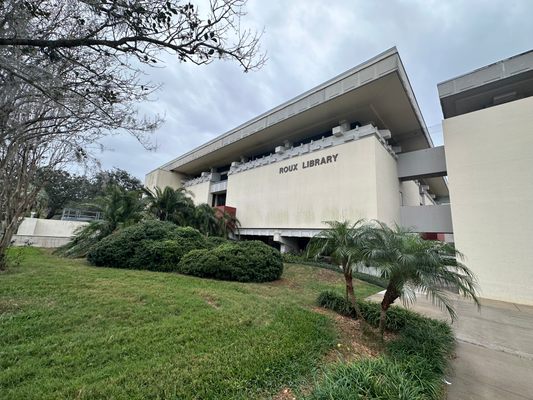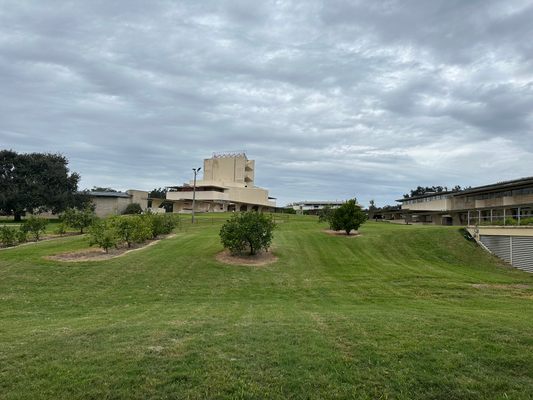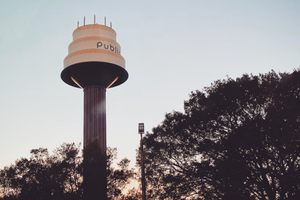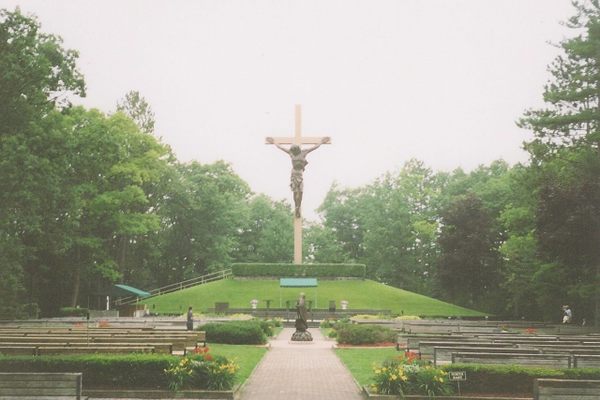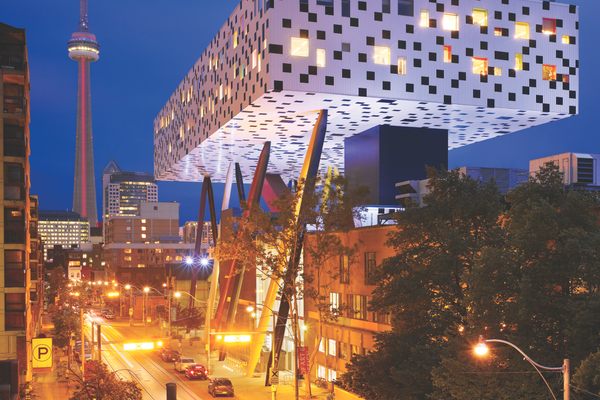About
One of Frank Lloyd Wright's self-proclaimed most important works is often forgotten in today's architectural history classes: Florida Southern College. The campus is home to an outsized collection of creative structures designed by the famous architect, all bearing trademarks of his signature styles.
It took 20 years, from its conception in 1938 to its completion in 1958, to build 12 of the 18 structures Wright originally planned on the Florida Southern College campus, located in the otherwise sleepy small town of Lakeland in Central Florida. The brainchild of the school’s then-president, Dr. Ludd Spivey, these architectural works were intended to bring the school to international renown.
Wright's contribution to the campus includes two chapels, a circular library, an administration building, several seminar buildings, a well-preserved Usonian house (meant to house faculty), a planetarium, a large central fountain called "The Waterdome," and in typical Wright fashion, a covered walkway known as "The Esplanade." Wright makes use of patterned cast concrete "textile blocks" and geometric representations of orange trees in a combination of his Prairie and Mayan Revival styles.
Today, much of the campus stands as it was last seen by Wright himself, even though it has been in continual use by the students since before it was even fully completed. It was designated a National Historic Landmark by the National Park Service.
The Tourism and Education Center is full of photographs, furniture, and sketches that show the artist’s involvement with the school. It also offers daily guided and self-guided tours.
Related Tags
Know Before You Go
A variety of tour options are available seven days a week, but reservations are recommended for guided tours.
Community Contributors
Added By
Published
May 4, 2018







